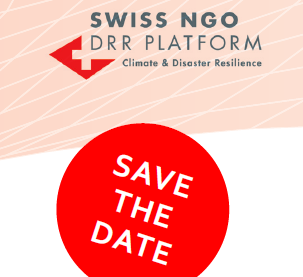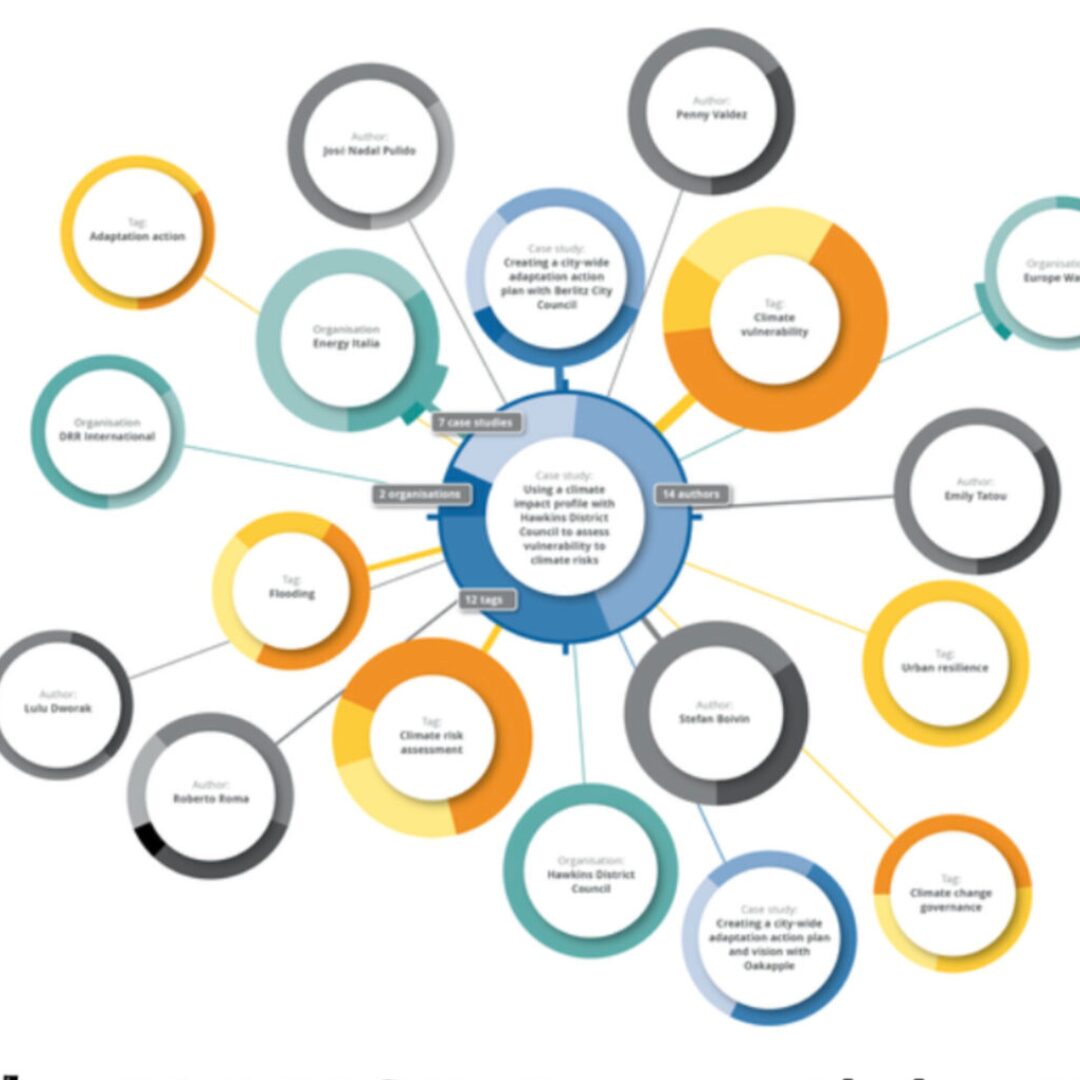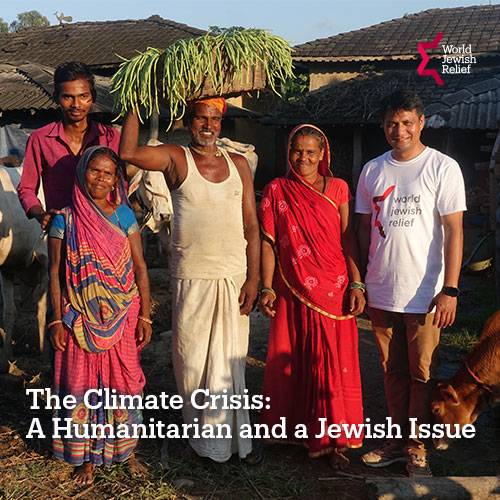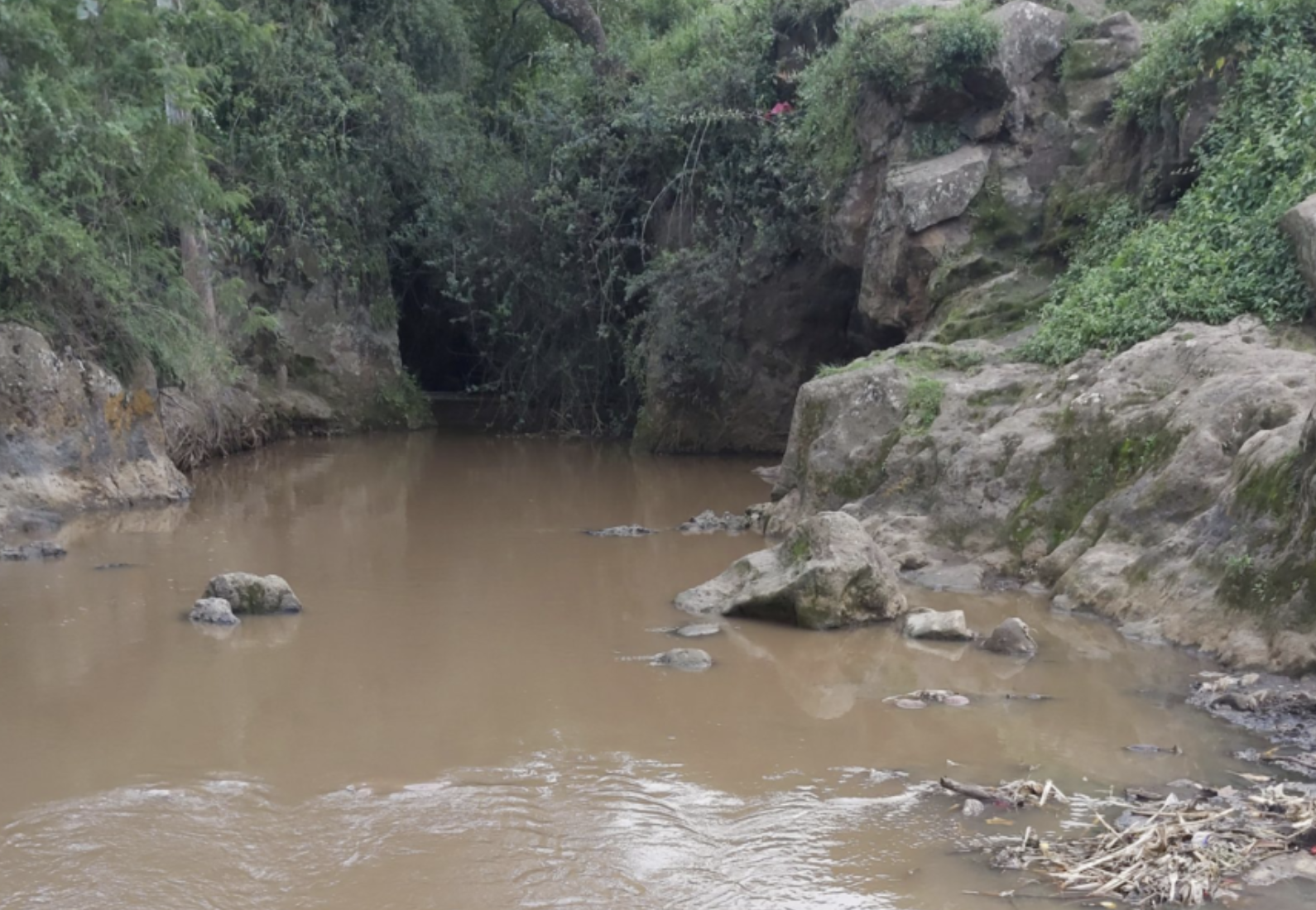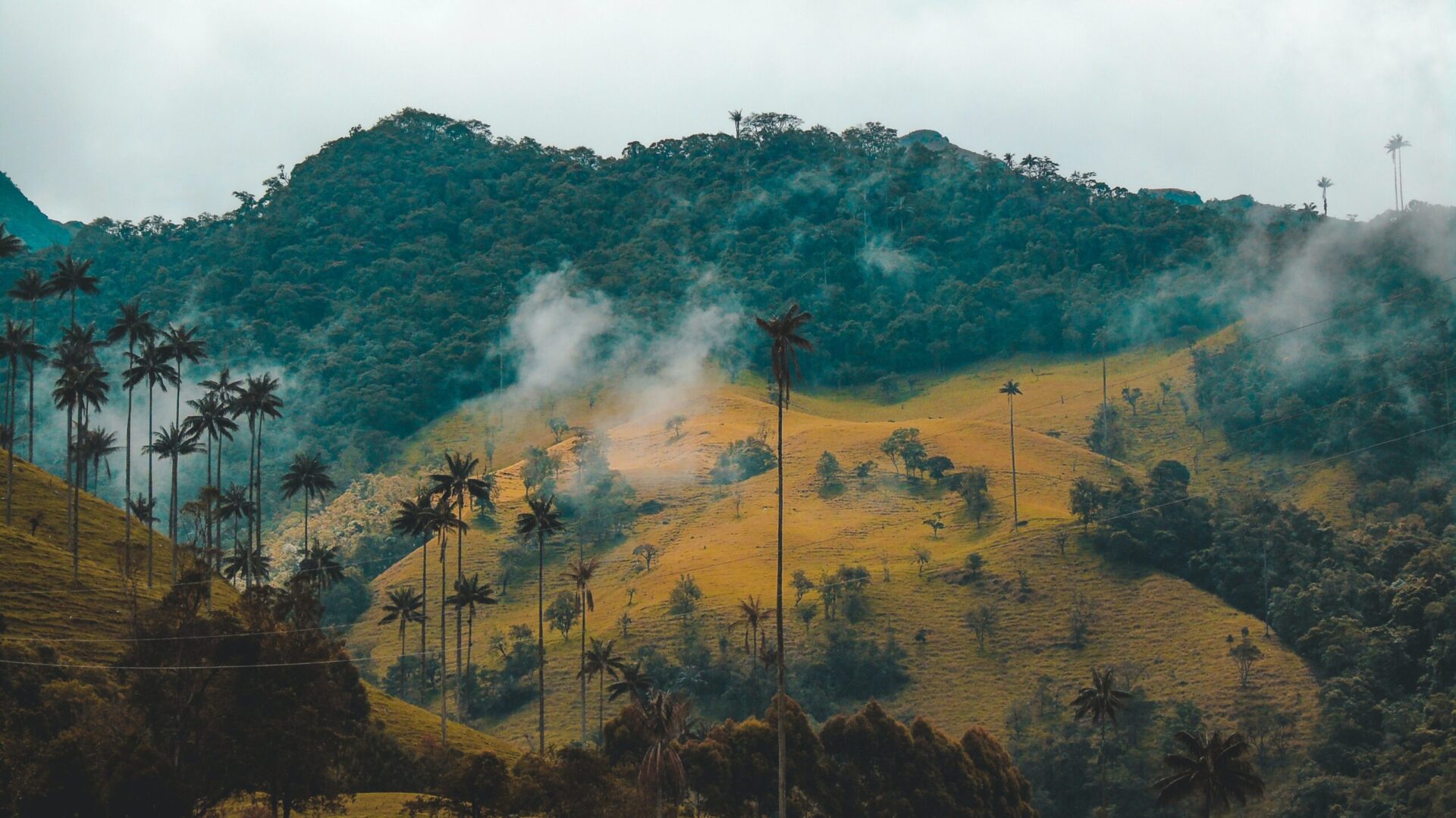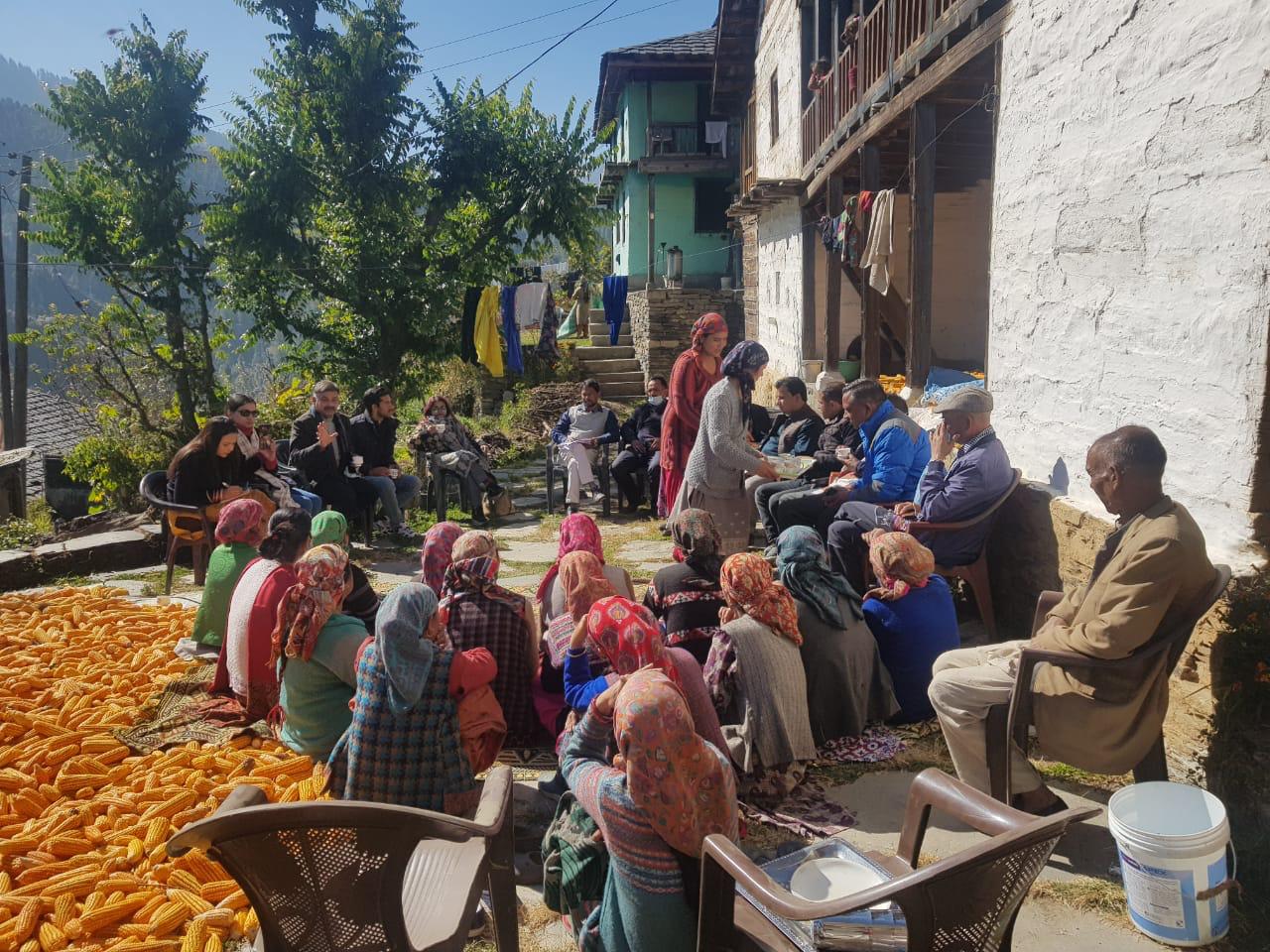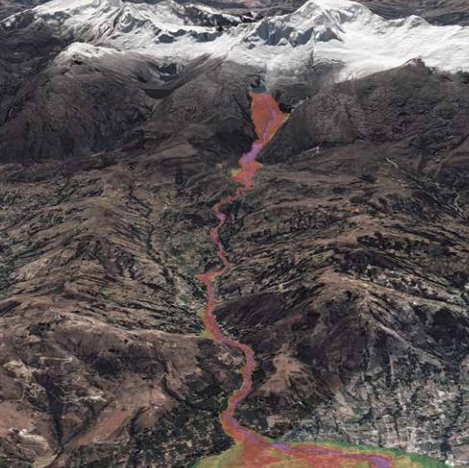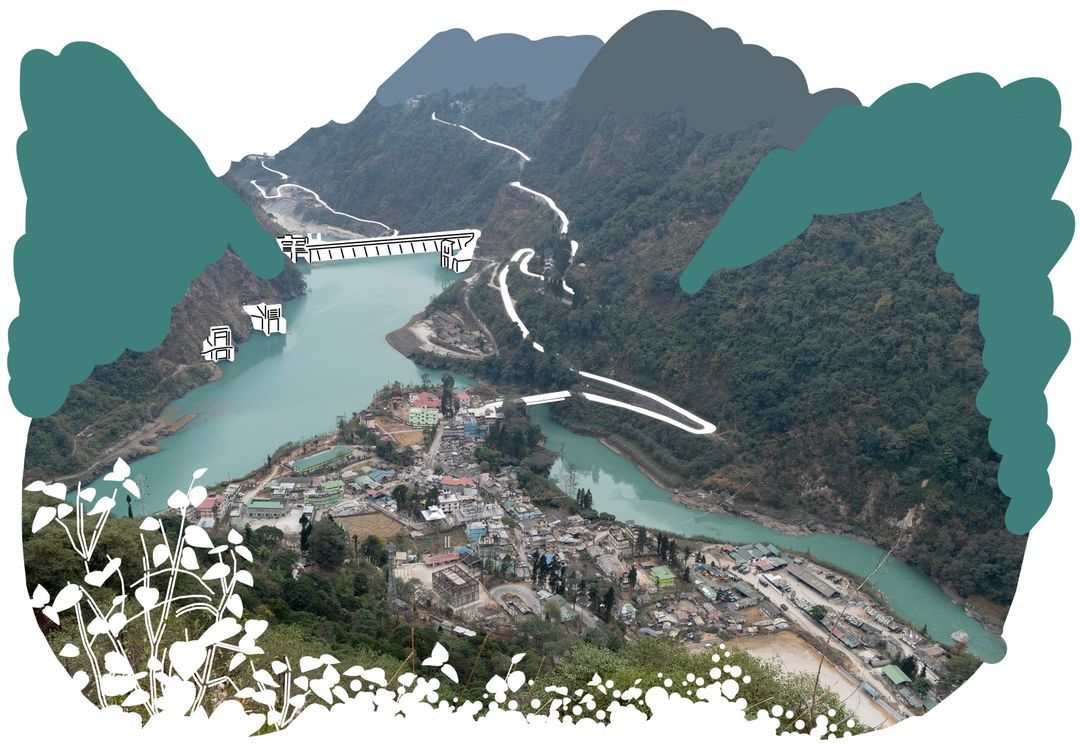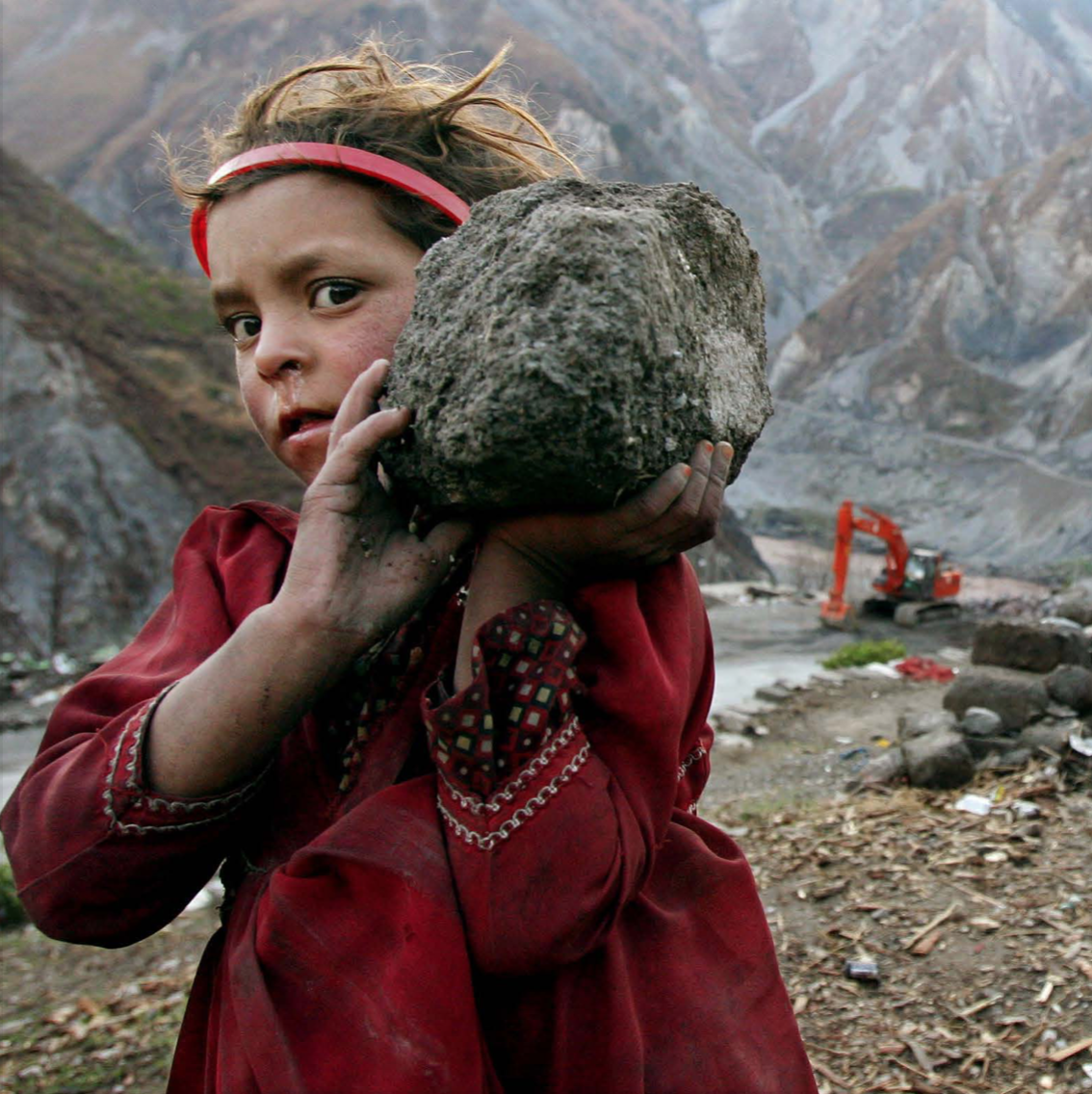disaster risk reduction
From observation to resilience: Unlocking NGO potential for weather, water and climate services
Join this event to share and learn from existing experiences of platform member organisations and their partners, as well as many other organisations and stakeholders involved in providing, using and assessing Weather, water and climate services (WWCS) in the context of international cooperation.
The Connectivity Hub: Next Steps
Get an insight into the workings behind the Connectivity Hub: a unique ‘search and discovery’ tool which aims to better connect knowledge and resources in the fields of climate change and disaster risk reduction. MAIA is playing an important role in advancing its scope and functionality – learn more!
The Climate Crisis: A Humanitarian and a Jewish issue
This report makes the case for why faith-based, humanitarian charities should be adjusting their work to ensure they are building long-term climate resilience, rather than only focusing on short-term, emergency responses.
To do so, it explains the basics of climate science for a non-expert audience, summarises the expected impacts of the climate crisis and the humanitarian imperative to address them, and explains how key Jewish values are being threatened by the climate crisis. It then sets out how World Jewish Relief is structuring its own work on resilience building, mitigation, adaptation and preparedness, to set an example for how their own organisation could begin to enter such a huge sphere of work.
Principles for just and equitable nature-based solutions
Explore the issues that must be addressed to help ensure that the design, governance and implementation of nature-based solutions (NbS) are just and equitable in the second of the SEI NbS briefs. The authors outline five principles to incorporate in NbS to achieve these goals, and present a case study from a semi-informal settlement in Kenya.
Artefacts of Disaster Risk Reduction: bridging the gap between policymaking and capacities on the ground
Explore how to bridge the gap between inefficient top-down policymaking and the often-neglected capacities on the ground in this Artefacts of Disaster Risk Reductionarticle; a result from a four-year project titled ADAPTO (Climate Change Adaptation in Informal Settings – Understanding and Reinforcing Bottom-up Initiatives in Latin America and the Caribbean).
Knowledge Networking to Address Climate Change Impacts and Disaster Risks by Engaging Local Groups and Institutions to Localise Actions
Learn about the Government of Himachal Pradesh's efforts to incorporate climate change and disaster risk reduction issues at the highest levels of governance. The article discusses how the state government transformed the administrative and technical outlook to institutionalize the state's knowledge network and mainstream SDG 13 in the planning process.
Assessment of Glacier and Permafrost Hazards in Mountain Regions: Technical Guidance Document
This technical guidance document provides a structured and comprehensive approach to hazard assessment underpinned by latest scientific understanding. It has been produced as a resource for international and national agencies, responsible authorities and private companies.
Solution Story: Reducing the risk from Himalayan tsunamis – How global cooperation is helping mountain regions meet the growing threat from glacial lake outburst floods
Discover this Solution Story describing how global cooperation is helping mountain regions meet the growing threat from glacial lake outburst floods.
Leave No Mountain Behind: Disaster Risk Reduction for All
Why, despite the essential role mountains play in enabling countries and regions adapt to climate change, reduce disaster risks and achieve the Sustainable Development Goals, are mountain communities often left behind economically and politically? Learn more in this issue brief.
Mountains ADAPT: Solutions from the South Caucasus
The Mountains ADAPT: Solutions from the South Caucasus booklet showcases adaptation solutions proven to be successful in response to specific issues caused, or accelerated by, climate change that negatively affect mountain communities’ livelihoods and ecosystems. The publication covers Armenia, Azerbaijan, and Georgia.
